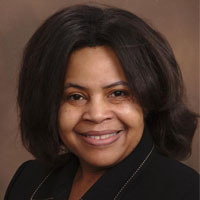Ouachita County, LA White Collar Crime Lawyers
Sponsored Law Firm
-
 x
x

Click For More Info:
-
The Law Offices of Richard L. Cooper, P.A.
848 Brickell Avenue Suite 800 Miami, FL 33131» view mapDWI/DUI, Drug Trafficking, Felony Nationally Ranked Top 40 Under 40
With Richard L. Cooper you can expect a trusted confidant who will work diligently to fully understand your case and determine a road map to help you regain control of your life.
800-756-2781
Not enough matches for Ouachita White Collar Crime lawyer.
Below are all Ouachita lawyers.
Mary Alice Bryant
✓ VERIFIEDMary Bryant is a practicing lawyer in the state of Louisiana.
Gregory George Elias
✓ VERIFIEDGreg Elias loves to try cases. He is also highly regarded among Monroe divorce law attorneys as being a skillful Monroe divorce lawyer. You can depend... (more)
Kevin D. Alexander
✓ VERIFIEDFrom a young age, Attorney Alexander knew he wanted to be a lawyer. He is passionate about standing up for those who are unable to stand up for themse... (more)

 Richard L. Cooper Miami, FL
Richard L. Cooper Miami, FL AboutMiami Attorney at Law
AboutMiami Attorney at Law ServicesCriminal Defense
ServicesCriminal Defense




